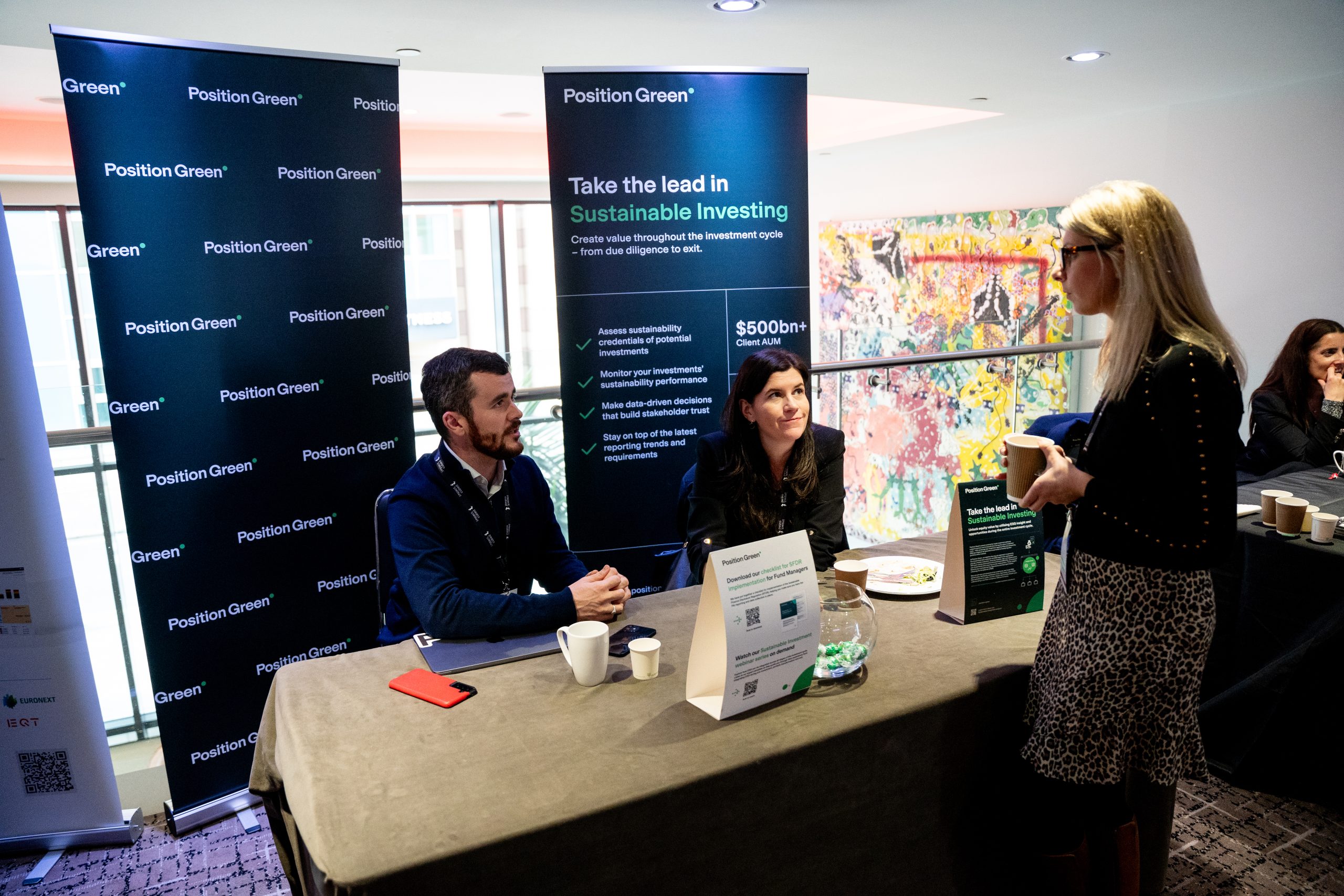Providing value creation throughout the investment cycle
The following excerpt was a live Q&A session titled, “Value creation – Leveraging ESG into the full investment cycle”.

How do you see the development for ESG becoming a staple part of the entire investment cycle?
The integration of ESG considerations into investing has come a long way. We have see a shift from investors using ESG as a value preservation tool, to now using it to identify value creation. Not only that, we’ve witnessed a growing number of players in the private market embracing ESG in the investment cycle.
Does ESG integration into the entire investment cycle always go smoothly?
Not necessarily; while incorporating ESG into the investment cycle is net positive, it’s not without its challenges. One significant hurdle is that investors don’t necessarily link their ESG investment process to value creation, at least not in a way the both investment teams and the investment company management understand. There is always the risk that the ESG process becomes seen as a compliance or a risk process. It’s never as fun to discuss risk (what has not yet happened) as much as value creation.
What makes ESG integration successful, then?
A critical part of any successful ESG strategy is that there must be a clear focus and link to value within the businesses that you invest in. It is a much easier conversation to have with everyone, from the deal team to company management.
The opportunity we see at the moment is that investors are still overlooking this angle not only in their investment thesis, but also on exit. They tend to focus on this during the holding period, but it is much more difficult to get buy-in, or, it is simply not prioritized. That said, we are seeing the conversation come up a lot more and investors are much open to discussing this in early stages of the investment process.

Can you give us an example of how ESG and value creation can go hand in hand?
One recent example was a portfolio company that sold an innovative building management system (BMS) that not only saved money for the client but also inherently reduced emissions. The BMS was designed to optimize energy usage, improve indoor air quality, and enhance occupant comfort. Through real-time monitoring and advanced analytics, the system automatically adjusted heating, cooling, and lighting based on occupancy levels, external weather conditions, and energy demand patterns.
By reducing energy consumption and emissions, the BMS not only aligned with the client’s sustainability goals but also delivered tangible financial benefits. The properties decreased utility costs, resulting in substantial savings over time. With such a big focus on building emissions reduction in the EU, the conversation around the emissions reductions became embedded in the sales process thus contributing to the top line. This ultimately demonstrates how integrating ESG considerations into property management practices can deliver both environmental and financial returns. It also showcases the potential for innovative solutions to create value for investors while driving positive social and environmental outcomes.
How can investors take action to link value creation into their ESG investment cycle?
It’s crucial to have the right tools and expertise in place. Conducting thorough portfolio screenings and utilizing frameworks that quantify the impact of ESG initiatives are essential. Additionally, maintaining open communication with portfolio companies helps ensure alignment with both ESG goals and financial targets. Getting a better understanding of what frameworks you need in place and really begin to understand the links between a portcos business model and the societal challenges that there is opportunity to contribute to.
For example, The Sustainable Development Goals (SDGs) are a good place to start for understanding global mega-trends and identifying value creation opportunities for investors, particularly impact investors. These 17 interconnected goals address critical environmental, social, and economic challenges facing our world today, ranging from poverty eradication to climate action and sustainable cities.
What’s on the horizon for ESG integration?
We’re seeing improvements in data quality and analysis capabilities, which will further enhance our understanding of ESG impacts. Additionally, efforts to standardize ESG reporting and benchmarks will provide investors with better insights into performance and facilitate comparison across industries.
I can also see we are going to have a lot more focus within the exit stage as more investors are looking at the ESG value creation angles more and more. In summary, there’s significant potential for investors to align financial goals with ESG principles. It’s an evolving landscape, and staying informed and proactive will be key to maximizing opportunities for value creation while promoting sustainability.

What about exit?
This is a very good question and it is more important in this current market. Due to the fact that there are now many investors that have implemented more ambitious demands on their ESG strategies as a result of regulation, there are just as many investors looking for positive ESG investments yet for many, their ESG capabilities are still in early stages.
They are interested to invest in more impact style investments but lack the knowledge to identify what it is that fits their needs best. That’s where clear ESG value creation can be communicated during the exit process. We’re seeing many Nordic assets being snapped up by impact or ESG centric investors without the previous owners even thinking to position the asset in that perspective. My belief is that we are going to see a lot more of these types of sales going forward.
How can Position Green help?
Your company can access Position Green’s ready-to-go solutions for the ESRS, EU Taxonomy and other ESG frameworks straight out of the box, or align with your standards of choice. We combine leading ESG tech with deep sector knowledge and advisory expertise so you can self-manage compliance and embed processes that future-proof your business.
Book a free demo with one of our experts to get you started.
See our solution in action

